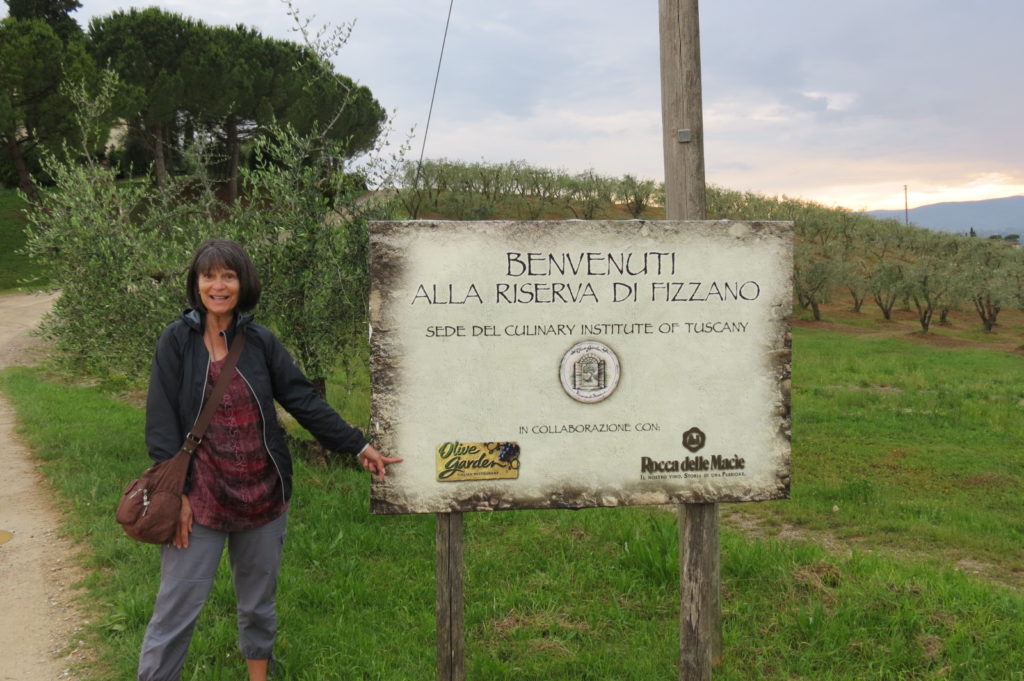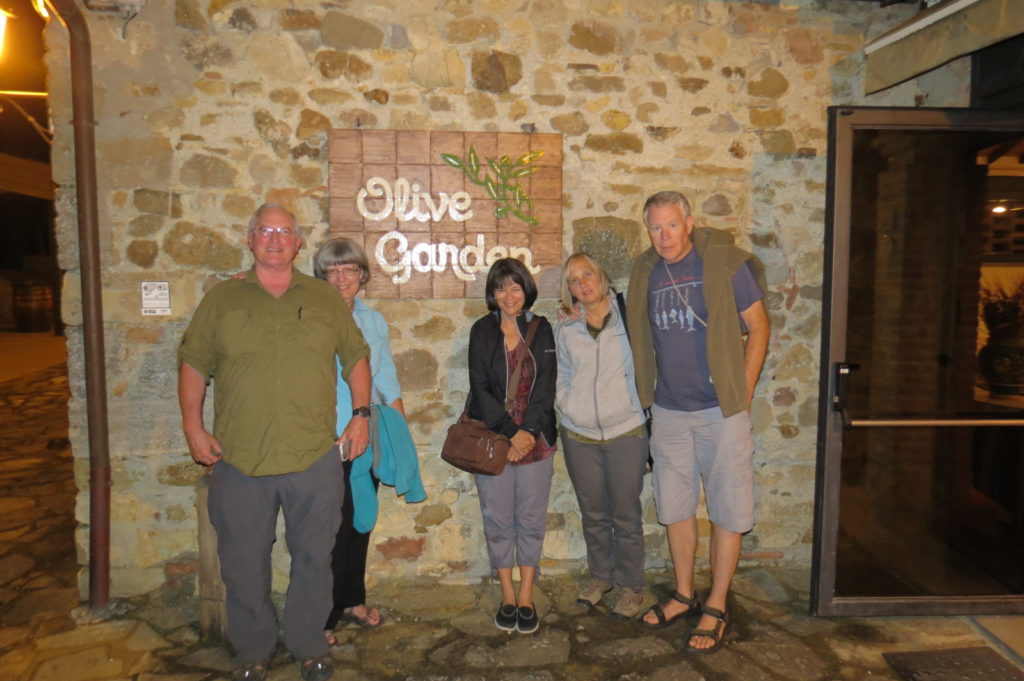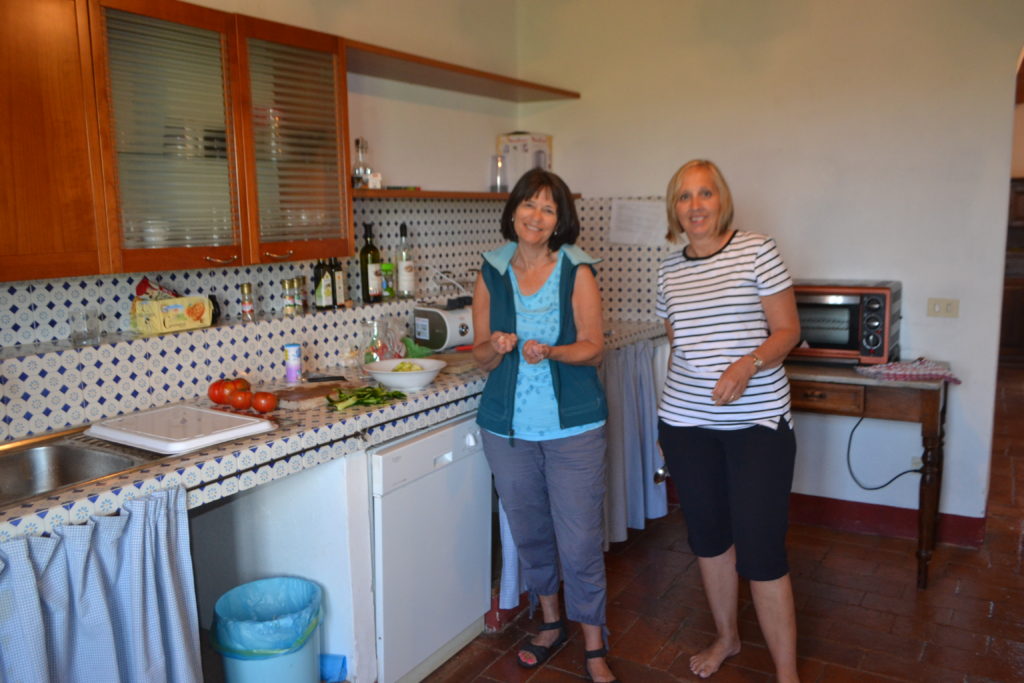A Drama in Three Acts
You are about to read a sappy holiday play. If you think you’ve read enough sentimental Christmas stories to last until the nest is empty and you can decorate the tree any way you like, you’re probably right – but, trust me. This one’s for you, mom. I know that you’re trying so hard to make everybody happy and at the same time teach the kids a bit of responsibility, but the balance may be off. Mercifully, it all usually works out just fine in the end.
Character List
Mom: The protagonist and our home-schooling mother of four, she is blessedly near the end of that phase with only two semi-grown-up daughters living at home.
The Daughters: Amy and Jenny, twenty and sixteen. Loving, yet deficient in their computational skills, this cute sisterly duo provides most of the angst.
Sis and Grandma: Mom’s relations, these minor characters deliver context for the secondary plot conflict.
Farm Boy: the guy at the Christmas tree stand, who is naturally more interested in pretty lumberjacks than in selling Noble Firs.
Synopsis
Set on a day in December, Mom realizes she must attend two simultaneous events — a doctor’s appointment with Grandma and a Christmas-tree hunt with The Daughters. These home-educated young ladies (dressed in matching red plaid flannel), must apply home school math skills to a mission of holiday importance – buying the tree. This is a quest tale. On the surface lies a quest for the perfect tree, but be on the lookout for that deeper meaning! Will the Daughters learn financial maturity? Will Mom’s feelings of anguish for not accompanying them on their seasonal outing be assuaged? Let’s find out.
Act I, scene i:
Mom is hauling the vacuum cleaner out of the closet as her cell buzzes. It is a text from Jenny, the youngest. “I miss my mommy! Can you and Amy and I buy tree today?” (Any mother watching this scene will empathize with the desire to drop everything and spend time with her child, as the “miss my mommy” phrase always makes our hearts go melty. If we forget for just a moment that the wily little wheeler-dealers have been conning us out of “just one more cookie” since they could speak, we could be duped.) Shifting perspective, the scene swings from the living room to the daughter’s bedroom. Gasp! The audience realizes the first shocker of our story – the daughter is texting her mother from within the same house. What could this mean? Has the mother kept the daughter isolated in her room, shackled to her desk, an algebra text yawning open before her? Does this non-working-outside-the-home mother spend her days scrubbing her already spotless house? Is neglect at issue here? Or something even more sinister?
Scene ii:
Another phone call, this time from the land line. It is Sister. The audience learns that an event simultaneous to the Christmas tree hunt – a chemotherapy appointment for Grandma – is scheduled for this day. Sis strongly desires Mom to oversee this event as Mom knows the important stuff like where to go and how to interact with Grandma’s nurses.
Oh, the angst! Can you feel it? As our quandary thickens, Mom is obviously distraught. Should she put the Daughters off another day? Should she insist that Sis can handle Grandma alone? Either way, people she loves will be disappointed, and while the audience knows that it is nice to be wanted, they also know that it’s nicer to be wanted when the wanting is also mutually convenient. Remember, the themes of our story are responsibility and guilt. Someone has responsibilities. Someone faces potential guilt. Ultimately, those someones are both Mom.
Act II:
Mom has an epiphany! She proposes that the daughters venture out to buy a tree together, while she accompanies Grandma to Group Health! Jen and Amy could drive the truck! They could take Mom’s debit card! They could make the tree decision together!

Act III, scene i:
Excited, the Daughters declare a “sister date.” Mom relinquishes the plastic and mentions that she would rather not pay too much, like around forty dollars perhaps for a good-looking Christmas tree; otherwise, the decision is theirs. The Daughters skip upstairs to their room and begin choosing appropriate tree-hunting attire. Costumed in matching red plaid flannel, jeans tucked into their boots so the white fur toppers peek over the tops, and red knit scarves thrown jauntily around their pretty necks, the lumberjacks kiss Mom good-bye.
Scene ii:
Daughters drive themselves to the Christmas tree lot. Mom drives Sis and Grandma to the treatment center, receiving just one call while she parks in the underground garage. The reception is a little sketchy, but she thinks she hears one asking permission to “buy ourselves COFFEE on your card?”

Scene iii:
Double-tall, eggnog lattes in hand, the pretty lumberjacks park near the tree pen, fur-lined boots crunching across the frozen dirt as pine and sawdust aromas waft in the cool wintry air. A bearded farm boy dotingly escorts them up and down the rows of slain firs and nobles. Feeling pressured to make a good decision, the Daughters remember to ask the price, which is nine dollars per foot.
Cue the spot light. Amy’s face registers concentration, and the audience deduces that she is multiplying in her head. Jenny’s face is less telling; she’s just the truck driver. Do you remember that mention of home-school math in the synopsis? Yep. Although a generic audience may not gasp in horror as The Daughters fork out seventy-two dollars for an eight-foot-tall Noble fir, you will, Mom. You would have caught the foreshadowing way back in Act I about not wanting to pay more than forty dollars for a tree this year.

Scene iv:
The Daughters are driving home, tree in truck. They discuss what has transpired.
Amy: Jen, we just spent over seventy dollars on a tree.
Jenny: Mom said no more than fifty, didn’t she? And we bought coffee, too. (Ahem. You will notice the discrepancy here, will you not?)
Amy: Oh, man. Our friends never pay this much for a tree. I’ll just pay the extra twenty dollars.
Jenny: Our tree is a beauty.
Amy: Yes. And Mom does like us to have fun together. And she was feeling badly that she couldn’t come.
Jenny: Wait! We didn’t even HAVE a tree last year! We were in San Diego!
Amy: Right! You know what this means? If we divide and cancel, then subtract with a dash of deductive reasoning and hope, this years’ tree only cost thirty-four dollars!

Epilogue:
And so that, my fellow moms, is the end to our little story of responsibility and mommy-guilt. On the surface, it is the story of a couple of girls with a debit card at the Christmas tree stand, and their Mom who was feeling badly for not coming along. But let’s not miss the deeper meanings: First, when you’re a mom, a little bit of money can mitigate a whole bunch of guilt. Second and most importantly, good things can happen when you stop trying to make everybody happy. And, perhaps thirdly: a bit more practice with multiplication tables couldn’t hurt.


















